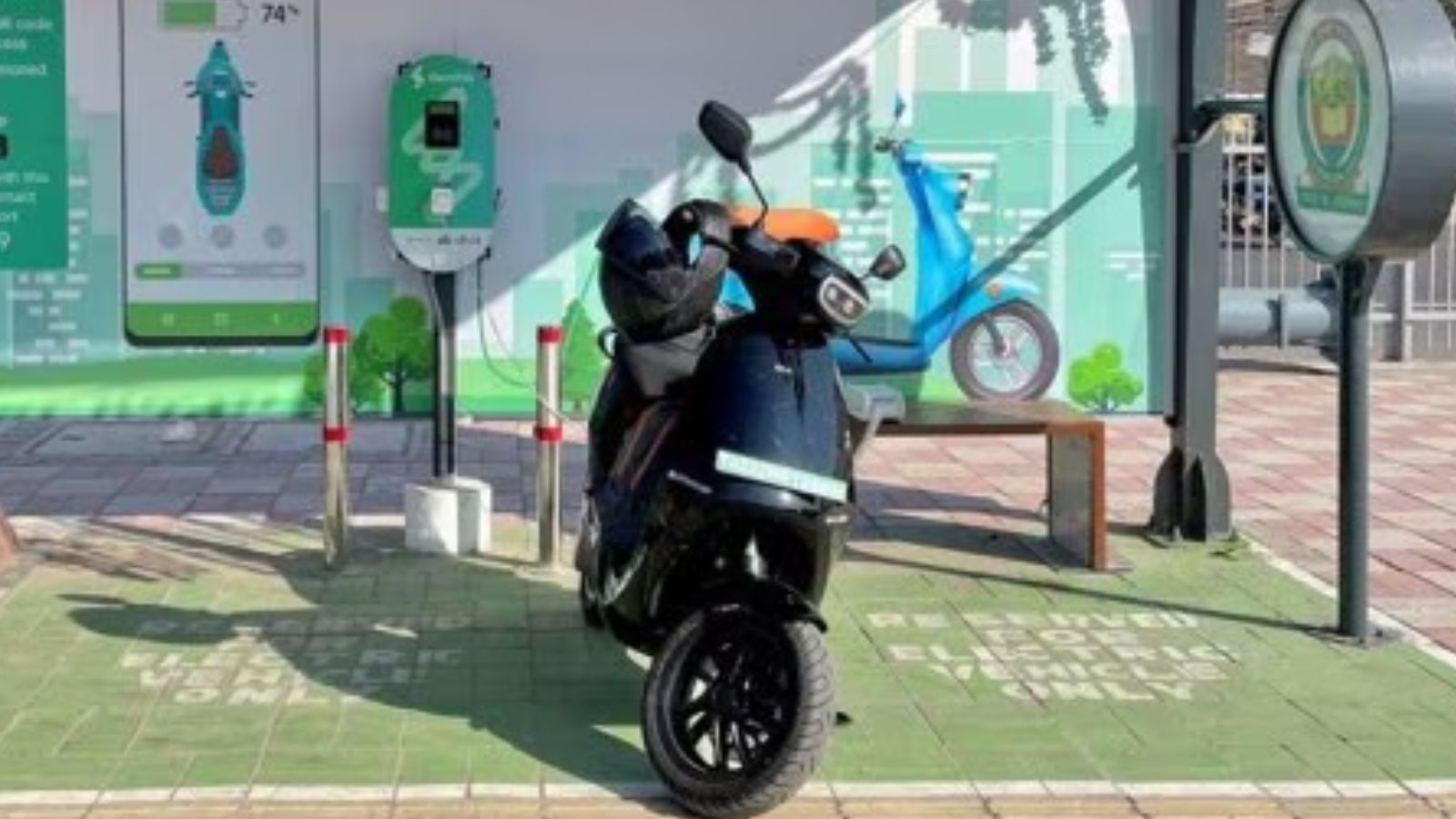In a significant ruling by the District Consumer Disputes Redressal Commission, Ola Electric has been ordered to compensate Hyderabad-based customer K Sunil Chowdary with ₹1.73 lakh over issues surrounding a faulty battery in his Ola S1 Pro electric scooter. This ruling has sparked discussions on consumer rights and the accountability of electric vehicle (EV) manufacturers in addressing product issues promptly.
The Case Overview
K Sunil Chowdary, an Ola S1 Pro owner from Hyderabad, had faced persistent issues with the EV battery in his scooter, impacting its performance and reliability. After repeated attempts to resolve the matter with Ola Electric failed, Chowdary turned to the District Consumer Disputes Redressal Commission, filing a complaint about the malfunctioning battery and the company’s lack of support. The complaint highlighted the distress caused by the faulty battery and the inconvenience faced by Chowdary due to Ola’s delayed response.
The commission, upon reviewing the case, found merit in Chowdary’s complaint. The judgment ruled in his favor, ordering Ola Electric to provide a compensation amount that includes a full refund for the battery, compensation for the distress caused, and an additional 12% interest. This comprehensive compensation aims to address the financial loss, mental stress, and inconvenience endured by Chowdary.

Breakdown of the Compensation
The compensation of ₹1.73 lakh includes multiple components intended to redress the customer’s grievances comprehensively:
- Refund for the Faulty Battery: The primary portion of the compensation is the full refund for the defective battery that failed to meet performance expectations.
- Compensation for Mental Distress: The commission acknowledged the mental distress caused by the scooter’s recurring issues, particularly as the EV was intended for reliable transportation.
- Interest at 12% Rate: In an effort to further address the inconvenience caused, the commission ordered Ola Electric to pay 12% interest on the refunded amount, calculated from the time the issue was initially raised.
Ola Electric’s Delayed Response and Legal Stand
One of the critical aspects that contributed to the ruling in favor of the consumer was Ola Electric’s delayed response to Chowdary’s concerns. According to the case details, Ola Electric did not respond in a timely manner, nor did it provide a substantial defense when the case was presented in court. This lack of proactive customer support and failure to address grievances in a timely manner led the commission to issue a decision in Chowdary’s favor.
Consumer rights advocates argue that the outcome of this case serves as a reminder to companies about the importance of responsive customer service and the need to prioritize after-sales support. For Ola Electric, the case underscores the need to build stronger support mechanisms to handle customer complaints, especially given the technical nature of electric vehicles, which often require specific maintenance and timely responses to issues.
The Larger Impact on the EV Industry
This ruling not only holds implications for Ola Electric but also for the larger EV industry in India. As electric vehicles gain popularity, issues related to battery performance, charging, and maintenance are becoming increasingly common. Consumer complaints about EVs have surged, with a significant portion related to battery life and quality. With this ruling, consumer courts are setting a precedent for accountability in the EV industry, emphasizing that manufacturers are liable for product malfunctions and are responsible for addressing them promptly.
For the EV industry, this case serves as a cautionary tale on the importance of robust quality assurance for key components like batteries, which are essential for performance and customer satisfaction. Given the high cost of EVs and batteries, manufacturers must prioritize quality control and develop effective complaint resolution mechanisms to maintain trust and consumer confidence.

Consumer Rights in Focus
The Ola Electric case highlights the growing awareness and exercise of consumer rights in India. With platforms like the Consumer Disputes Redressal Commission providing a space for grievances to be addressed, consumers are increasingly empowered to demand accountability from manufacturers. The commission’s role in this case showcases the legal protections available to consumers and reinforces that companies cannot neglect after-sales service.
Legal experts believe that this case could inspire more consumers to come forward with complaints, holding companies accountable for product flaws and inadequate service. It also signals a call to action for other EV manufacturers to establish transparent and efficient customer service policies, especially for high-value components like batteries.
Ola Electric’s Next Steps
Following the court order, Ola Electric is expected to comply with the compensation payout to Chowdary, while also likely revisiting its approach to customer service. The case brings to light the importance of swift and decisive responses to complaints, especially in an industry where consumer trust is still being cultivated.
As Ola Electric expands its footprint in India’s EV market, addressing customer service gaps will be crucial for sustaining its growth. This case serves as a learning opportunity for the company to improve its support infrastructure and ensure that future complaints are handled more proactively. Acknowledging the court’s decision, Ola may also consider implementing additional quality checks for its EV batteries and enhancing communication with customers facing technical issues.
Conclusion
The Consumer Disputes Redressal Commission’s decision ordering Ola Electric to compensate ₹1.7 lakh to a customer over a faulty EV battery is a significant event for both the company and the broader EV industry. The ruling emphasizes the importance of consumer rights and reinforces the accountability of companies in addressing product-related grievances.
For Ola Electric, this case presents an opportunity to rebuild consumer trust through improved customer service and a focus on quality assurance. For consumers and the EV industry, the judgment signals a shift towards stronger legal accountability for product malfunctions, encouraging manufacturers to uphold high standards in product quality and after-sales support.
As the EV market in India continues to grow, cases like this highlight the importance of transparent and responsive service for maintaining consumer trust and advancing the adoption of sustainable transportation solutions.

